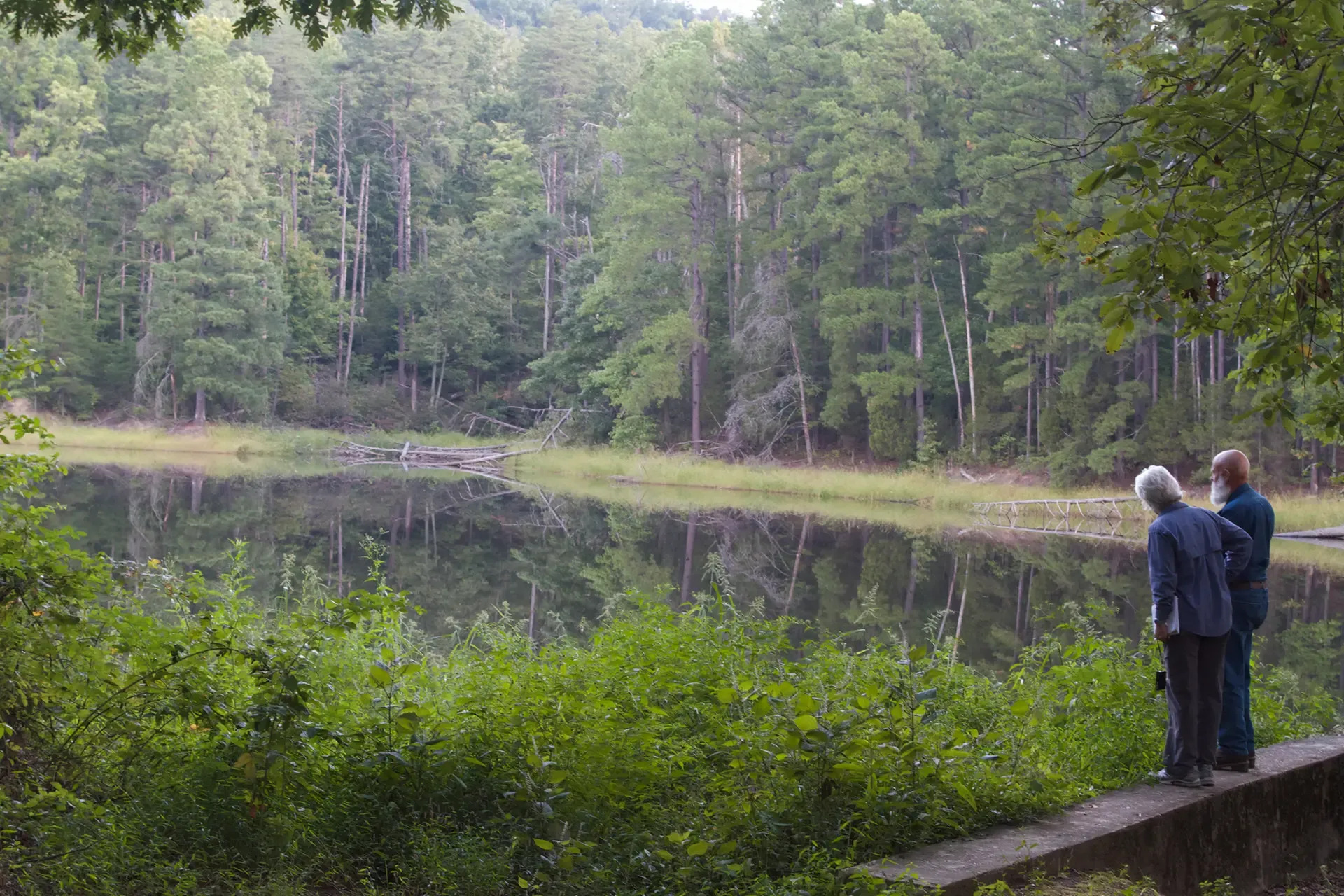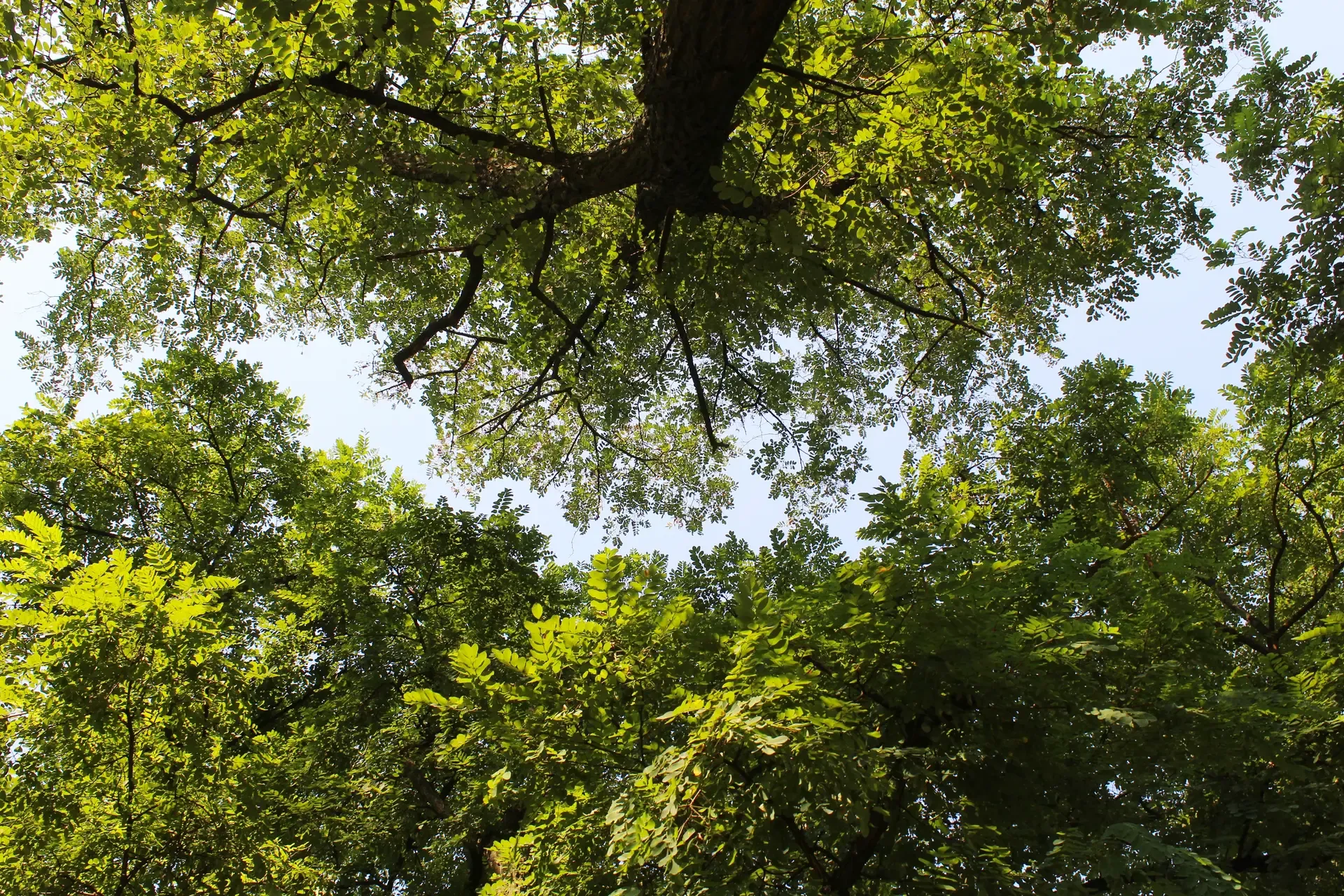What will we see for forest owners thanks to the 2018 Farm Bill?

Just before Congress left Washington, D.C. to join their families for the holiday, the 2018 Farm Bill, titled the Agriculture Improvement Act, was signed into law. The Farm Bill helps landowners to conduct good forest management practices by providing support and assistance to landowners, and must be reauthorized every four years. In past years, the Farm Bill has helped landowners actively manage over 10 million acres.
With the new 2018 Farm Bill, families will be able to do even more for conservation, thanks to positive changes made to the forestry policy and funding provisions.
Specifically, we will see more management plans created, more quickly, and more impact on the ground, through the Environmental Quality Incentives Program (EQIP), one of the programs that assists our private landowners in conducting good forest management practices. With funding increased in the 2018 Farm Bill for EQIP to more than $2 billion by 2023, more landowners than ever will be able to participate in this valuable program.
Second in the coming years we will see more opportunities for family forest owners to access new markets for their timber. New authorities in the Community Wood Energy Program (CWEP) will encourage investment in innovative wood products facilities and support markets for low value wood, which landowners need to remove to reduce their risk of catastrophic wildfires. Once implemented, we hope CWEP will be a piece of the puzzle in reducing the financial burden of forest management, allowing landowners to address forests challenges like wildfire, insects, and disease.
Third, family forest owners will have more opportunities to improve their woods for threatened and endangered species. The Healthy Forest Reserve Program (HFRP), reauthorized at $12 million annually, provides landowners with cost-share agreements or conservation easements to conduct practices that restore species’ habitat. By continuing the federal investment in this program, landowners who enroll will be able to manage their lands for the benefit of endangered or threatened species, while securing regulatory certainty in dealing with the species already living on the landscape.
Last, family forest owners will be able to play a more prominent role in helping address landscape issues like wildfire. Forest challenges like wildfire and invasive species, do not follow ownership boundaries, and must be addressed across these boundaries as well. Now with codification and $20 million in funding for the U.S. Forest Service Landscape-Scale Restoration program, private and family lands will now be included in projects that work across ownership types to meet large-scale forest needs.
The 2018 Farm Bill will run through in 2023, providing rural Americans with programs and technical assistance to properly care for their forestlands – which will result in healthier forests, cleaner water, better habitat for threaten and endangered species and more.
Learn more about the Farm Bill, and how AFF works to help ensure this important legislation supports family forest owners.
Related Articles

February 2, 2026
AFF Statement on GHG Protocol Land Sector & Removals Standard
The exclusion of forests from the LSR Standard increases the risk of sidelining one of the most mature and impactful pathways for near-term mitigation.

October 23, 2025
Forestry Organizations Urge Trump Administration to Support Private Landowners in Trade Practices
The American Forest Foundation (AFF), Forest Landowners Association (FLA), and National Alliance of Forest Owners (NAFO) sent a joint letter today to Secretary of Agriculture Brooke Rollins and Secretary of the Treasury Scott Bessent urging the Trump administration to include private forest landowners, family forestry businesses, and timber product manufacturers in efforts to address unfair trade practices.

October 21, 2025
Statement: Critical Wildfire Legislation Moves to Senate Floor
“AFF applauds the U.S. Senate Committee on Agriculture, Nutrition, and Forestry for advancing the Fix our Forests Act.